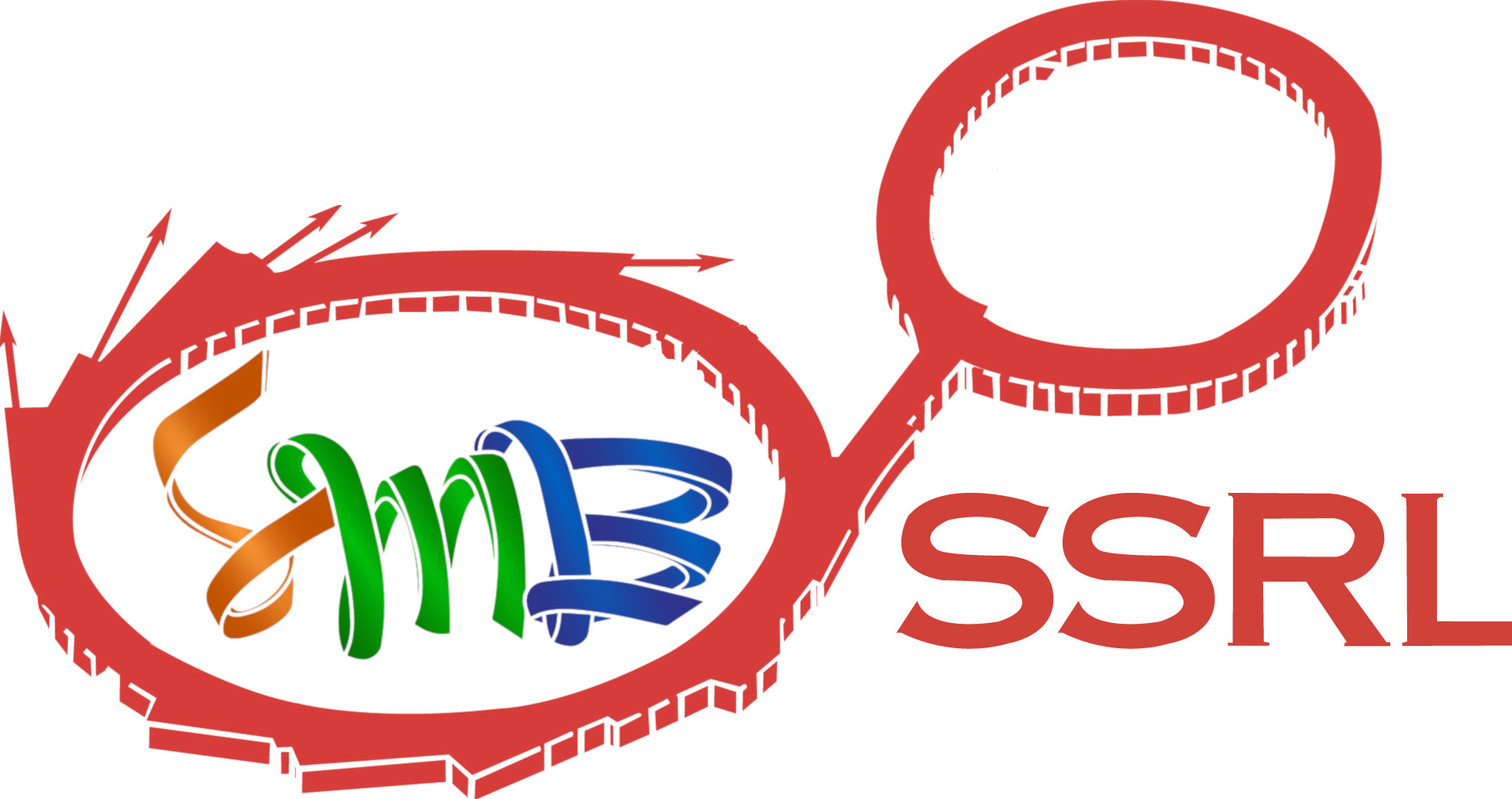About¶
Atomic structures are vital for scientific research. From understanding the mechanisms of biology to the design of new materials for industrial applications, knowing the placement of atoms in a molecule assists in the control of disease progression, drug design, the development of therapies such as vaccines, building new compounds for better batteries, and finding new methods of carbon sequestration.
Crystallography is one of the prime technologies used to generate high quality structures, generated from crystallographic data collected at large facilities like synchrotrons and X-ray free electron lasers, on large micro electron diffraction instruments, at neutron sources, or at home in a lab. At these facilities and instruments, crystals are either rotated in a beam of photons, neutrons, or electrons, or are exposed one at a time in a serial experiment, and diffraction data from detectors are collected and stored in image files. The DIALS software package (Diffraction Integration for Advanced Light Sources) is used throughout the world for processing crystallographic data in automated pipelines or through graphical user interfaces.
The DIALS software is developed in a fully open-source, collaborative environment. The main development teams are based at Diamond Light Source and CCP4, in the UK, and at Lawrence Berkeley National Laboratory, USA. However, in the spirit of the open source movement, we welcome collaboration from anyone who wishes to contribute to the project.
To avoid “reinventing the wheel” as much as possible, the DIALS project builds on knowledge accumulated over many decades in the field of crystallographic data processing. We benefit greatly from the altruism of experts who contribute their ideas and advice, either directly or via their detailed publications on existing algorithms and packages such as XDS [2] and MOSFLM [3]. At the heart of the DIALS framework lies a design philosophy of hardware abstraction and a generalised model of the experiment that is inspired directly by material published on the seminal workshops on position sensitive detector software [1]. Continuing in the spirit of these workshops we held our own series of meetings, with talks from invited speakers, and code camps in which specific problems are addressed by intensive effort across the collaboration. Summaries of these meetings and copies of slides given as presentations are available here.
DIALS is written using Python and C++, making heavy use of the cctbx [4] for core crystallographic calculations and much infrastructure including a complete build system. Seamless interaction between the C++ and Python components of this hybrid system is enabled by Boost.Python. Python provides a useful ground for rapid prototyping, after which core algorithms and data structures may be transferred over to C++ for speed. High level interfaces of the hybrid system remain in Python, facilitating further development and code reuse both within DIALS and by third parties.
Development Teams¶
DIALS UK¶
Development of DIALS in the UK is funded by the Wellcome Trust, Diamond Light Source and CCP4, and led by Dr Gwyndaf Evans.
DIALS US¶
Development of DIALS at Lawrence Berkeley National Laboratory, USA is led by Dr Aaron Brewster and supported by National Institutes of Health / National Institute of General Medical Sciences grant R24GM154040: DIALS: supporting structural biology through open source diffraction processing software. Work at LBNL is performed under Department of Energy contract DE-AC02-05CH11231.
Acknowledgements¶
We are grateful to all those who have contributed to the development of DIALS.
Contributors include:
Aaron Brewster
Ammaar Saeed
Amy Thompson
Asmit Bhowmick
Benjamin Williams
Billy Poon
Clemens Vonrhein
Daniel Paley
Daniel Tchon
David Waterman
Derek Mendez
Dimitrios Vlachos
Graeme Winter
Hans-Christian Stadler
Huw Jenkins
Ian Rees
Iris Young
James Beilsten-Edmands
James Parkhurst
Johan Hattne
Katrin Leinweber
Kevin Dalton
Lee James O'Riordan
Luis Fuentes-Montero
Marcin Wojdyr
Marko Petrovic
Markus Gerstel
Nathaniel Echols
Nicholas Devenish
Nicholas Sauter
Nigel Moriarty
Oleg Dolomanov
Oliver Zeldin
Rachel Tang
Richard Gildea
Robert Bolotovsky
Stef Smeets
Takanori Nakane
Tara Michels-Clark
Tarik Drevon
Yash Karan
In addition, we acknowledge guidance and ideas gained through numerous intellectual discussions with the following:
Alun Ashton, Gleb Bourenkov, Gerard Bricogne, Phil Evans, Andrew Leslie, Nigel Moriarty, Garib Murshudov, Jim Pflugrath, Harry Powell, Jon Schuermann and Matthew Webber.





